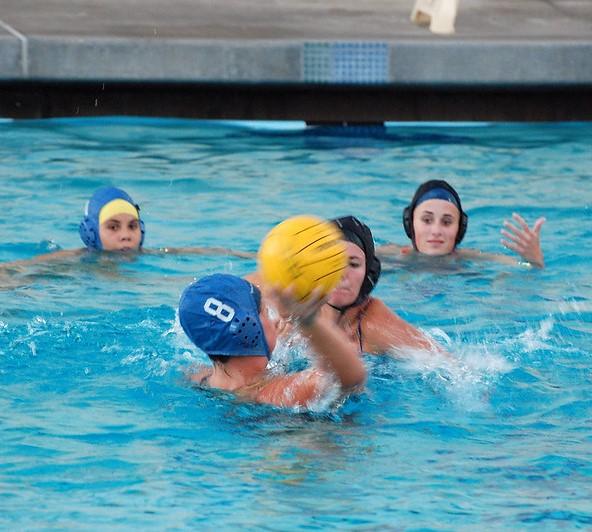Today in Heart, researchers from Amsterdam University Medical Centers reportthat elite athletes followed up for 2 years after COVID-19 infections suffered no lasting damage to their hearts and faced no career setbacks because of their illnesses.
Because COVID-19 can cause inflammation of the heart muscles, and elite athletes are more prone to cardiac problems given the intense exertion experienced during their sports, the researchers followed outcomes for up to 27 months after infection to determine if any lasting cardiac damage was suffered.
A total of 259 elite athletes, 40% women, were included in the prospective study. The mean age was 26.5 years. All athletes were 16 years of age or older and included Olympians, Paralympians, and professional athletes who exercised more than 10 hours per week with an emphasis on competition and performance.
No career-ending cardiac complications
Of the 259, 123 were infected (9% reporting cardiovascular symptoms) and 136 were controls.
During follow-up testing beginning 4 months after initial infection, study participants with COVID-19 were offered structured, additional cardiovascular screenings, including cardiovascular MRI (CMR).
"We compared ventricular volumes and function, late gadolinium enhancement (LGE) and T1 relaxation times, between infected and non-infected elite athletes, and collected follow-up data on cardiac adverse events, ventricular arrhythmia burden and the cessation of sports career," the authors explained.
Over the 27 months, none of the elite athletes left their careers. There were also no differences in function and volumetric CMR parameters among study subjects and controls.
Our study should be reassuring for athletes and about the impact of COVID-19 on the heart.
Four elite athletes infected with COVID-19 showed LGE, and none of the controls did. One LGE case patient saw their condition reverse. In the three who did not have a reversal, none left their sport or professional career, the authors said.
"Resumption of elite-level competitive sports after a SARS-CoV-2 infection is safe and feasible, even in the small group (3%) of athletes with SARS-CoV-2 related myocardial sequelae," the authors concluded.
Overall, the authors said the study results were reassuring.
"Our study should be reassuring for athletes and about the impact of COVID-19 on the heart. Based on what we've seen, heart involvement is rare and the risks appear to be minimal, even for those returning to intensive sports activities," study author Harald Jorstad, MD, a sports cardiologist at Amsterdam UMC, said in a press release.






















